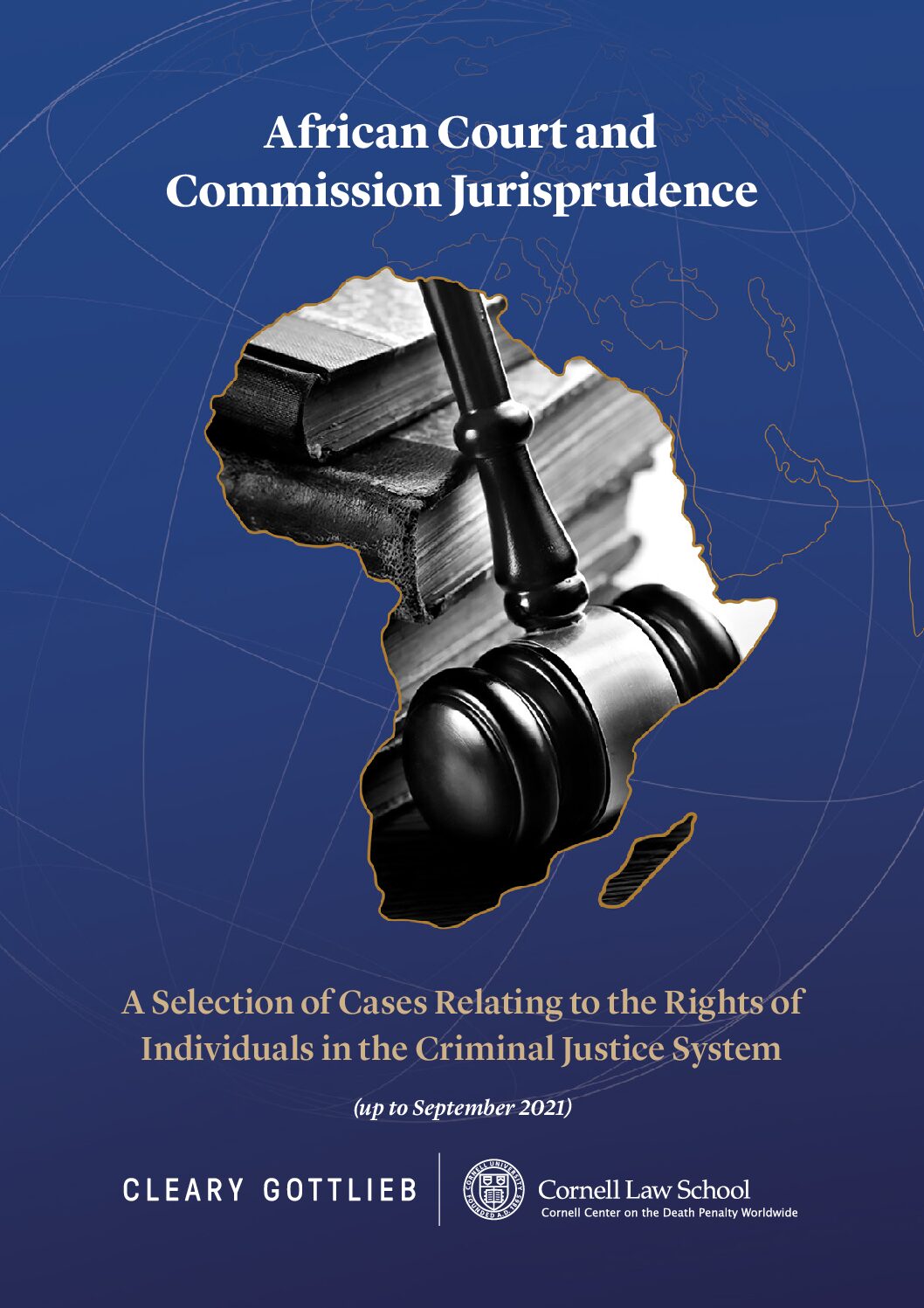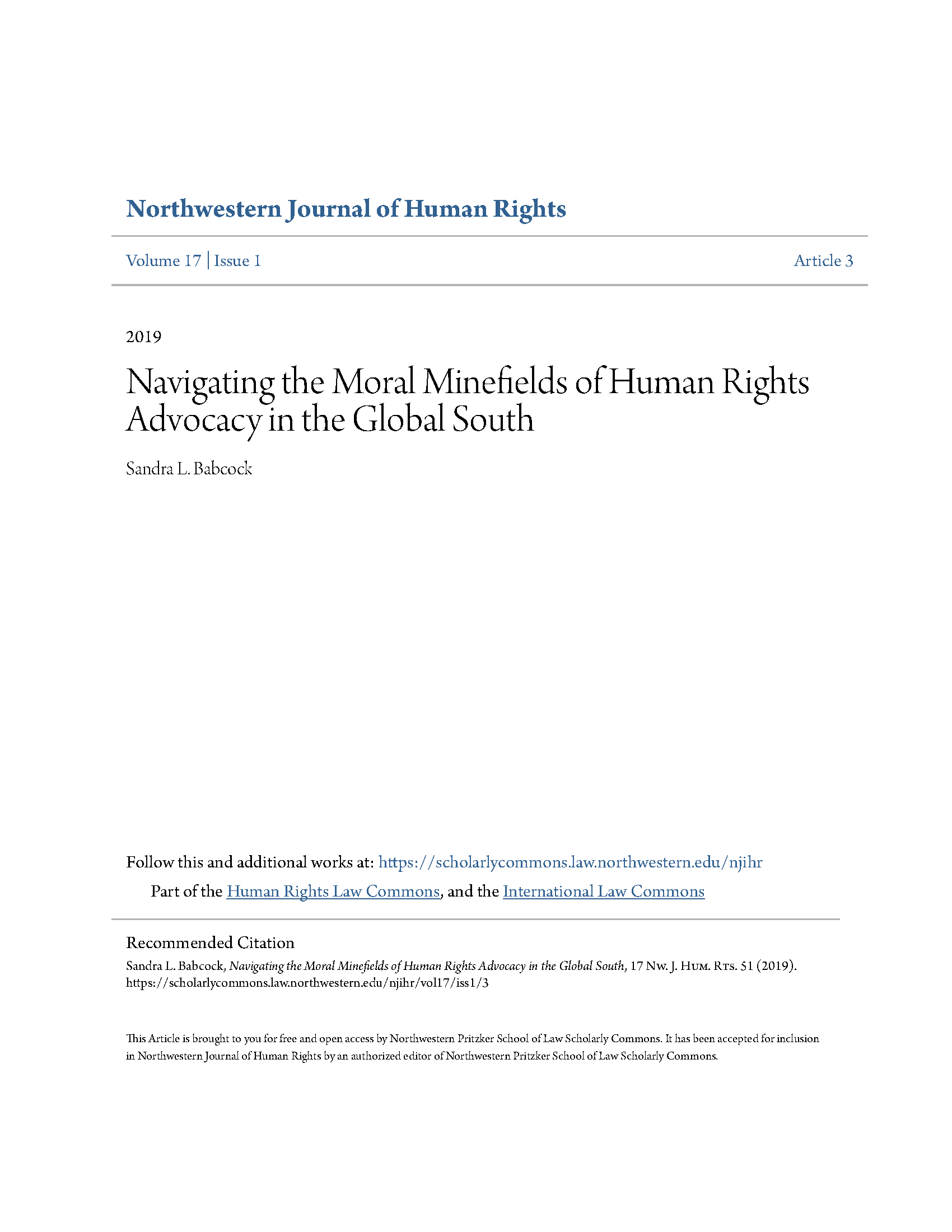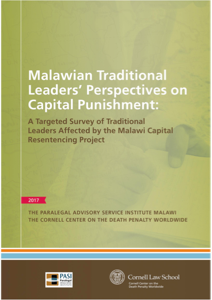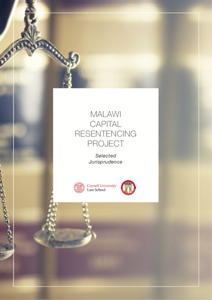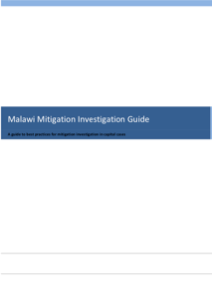Africa Appeals Project
Overview
The Cornell Center on the Death Penalty Worldwide offers direct representation to prisoners facing the death penalty in Malawi, Tanzania, and other Sub-Saharan African countries in partnership with local lawyers. Students from Cornell Law School’s International Human Rights Clinic provide key support for our advocacy efforts. We have spent more than a decade building relationships in the region to develop our expertise and build collaborative partnerships with local NGOs and government actors.
Abraham Galeta’s Story
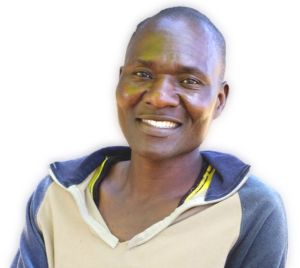
On May 26, 1996, Abraham Galeta’s mother was beaten so badly by her husband that she feared she would die. She called for help, but none of her neighbours called the police. Her community had no resources for women subjected to gender-based violence. The beating was only the latest of many, but it was the last straw for twenty-year-old Abraham, who had been a witness to his mother’s suffering for too long. Abraham confronted his stepfather, who had been drinking heavily. His stepfather grabbed a chain and started to beat Abraham with it. Defending himself, Abraham wrenched the chain from his stepfather and hit back, killing him.
At the time, Malawi had the mandatory death penalty for murder, and the judge had no choice but to sentence Abraham to death. After Malawi invalidated the mandatory death penalty in 2007, his case came to the attention of Professor Babcock. Center faculty and students, working with Malawian paralegals, coordinated an investigation into Abraham’s life history. We ultimately persuaded the Malawi High Court to reduce Abraham’s sentence in light of the circumstances surrounding the death of his stepfather. On May 26, 2015, Abraham finally walked out of prison as a free man, after spending nineteen years in prison.
Activities
Advocating for Prisoners Wrongly Sentenced to Death in Malawi and Tanzania
For the last twelve years, Professor Babcock and her students have been working with paralegals and lawyers in Malawi to provide legal representation to prisoners who have been denied access to the courts. Over time, their work has been instrumental in securing the release of over 300 prisoners, most of whom were facing the death penalty. One project that grew out of these collaborations was the Malawi Resentencing Project, which was selected as a winner of the World Justice Challenge in 2019.
In 2007, the Malawi High Court struck down the mandatory death penalty. Before this ruling, every person convicted of murder was sentenced to death. The judgement gave rise to the question as to what should happen to the nearly 200 prisoners who had been sentenced to death under a now defunct rule. Legally, these remaining prisoners were entitled to have their death sentences reconsidered and for a judge to hear all mitigating factors. But whether and how this would happen in practice was a very different question, particularly given Malawi’s under resourced criminal justice system.
The Center, in collaboration with a coalition of Malawian and international stakeholders, started the Malawi Resentencing Project. Working together, attorneys, local partners and law students from Cornell Law School’s International Human Rights Clinic investigate and present mitigating evidence for prisoners sentenced to the mandatory death penalty. The Resentencing Project does not end after the courts deliver their judgments. After prisoners are released, the Project works with local organizations to reintegrate them into society.
Between 2007 and 2019, the Resentencing Project obtained reduced sentences and releases for over 150 prisoners. We continue to partner with Malawian lawyers and paralegals to provide quality legal representation to prisoners facing the death penalty in Malawi, and have trained dozens of Malawian lawyers in capital case representation. The project has helped ensure that some of the most vulnerable people in Malawian society – prisoners and their families – receive access to the courts and the chance to re-join their communities. At the same time, it has ensured that those who are convicted of serious crimes receive sentences that are commensurate with the gravity of the offence. Not only has it saved lives, it has changed opinions on the use of the death penalty to the point where abolition is a real possibility. The Cornell Center on the Death Penalty Worldwide and the Paralegal Advisory Services Institute conducted a survey of traditional village leaders affected by the project to determine whether and how their views of capital punishment had changed. Each of the leaders presided over a village that had received a released death row prisoner. The overwhelming majority stated that the State should not use the death penalty to punish individuals convicted of murder. Many noted that rehabilitation is impossible if a prisoner is executed. As one traditional leader noted, “There is no reform in death.”
In 2017, we expanded our work into Tanzania, where we work with Tanzanian lawyers, prison staff, and non-governmental organizations to ensure prisoners sentenced to death receive fair trials and rigorous legal representation. As of 2019, the Center was representing five prisoners before the African Court on Human and Peoples’ Rights, and had recruited legal counsel for five others. The Center has also conducted training workshops for prison staff in Zanzibar on prisoners with mental impairments, and has trained dozens of Tanzanian lawyers in best practices in capital case representation.
We are delighted that on April 28, 2021, the Malawi Supreme Court struck down the death penalty as unconstitutional, making Malawi the 22nd country in sub-Saharan Africa to abolish the death penalty in all cases.
Media & Publications
Bill Steele, Law students help reverse Malawi death penalty sentence, Cornell Chronicle, Cornell University, July 16, 2015.
Cornell Law School, Cornell Law School Launches Center on the Death Penalty Worldwide, October 25, 2016.
Barbara Esuoso, Cornell Law School launches death penalty center, Cornell Chronicle, Cornell University, October 27, 2016.
Beth Saulnier, The Advocates, Cornell Alumni Magazine, November/December 2017.
Martha Chikoti, Chiefs want death penalty abolished, Malawi 24, April 19, 2018.


























